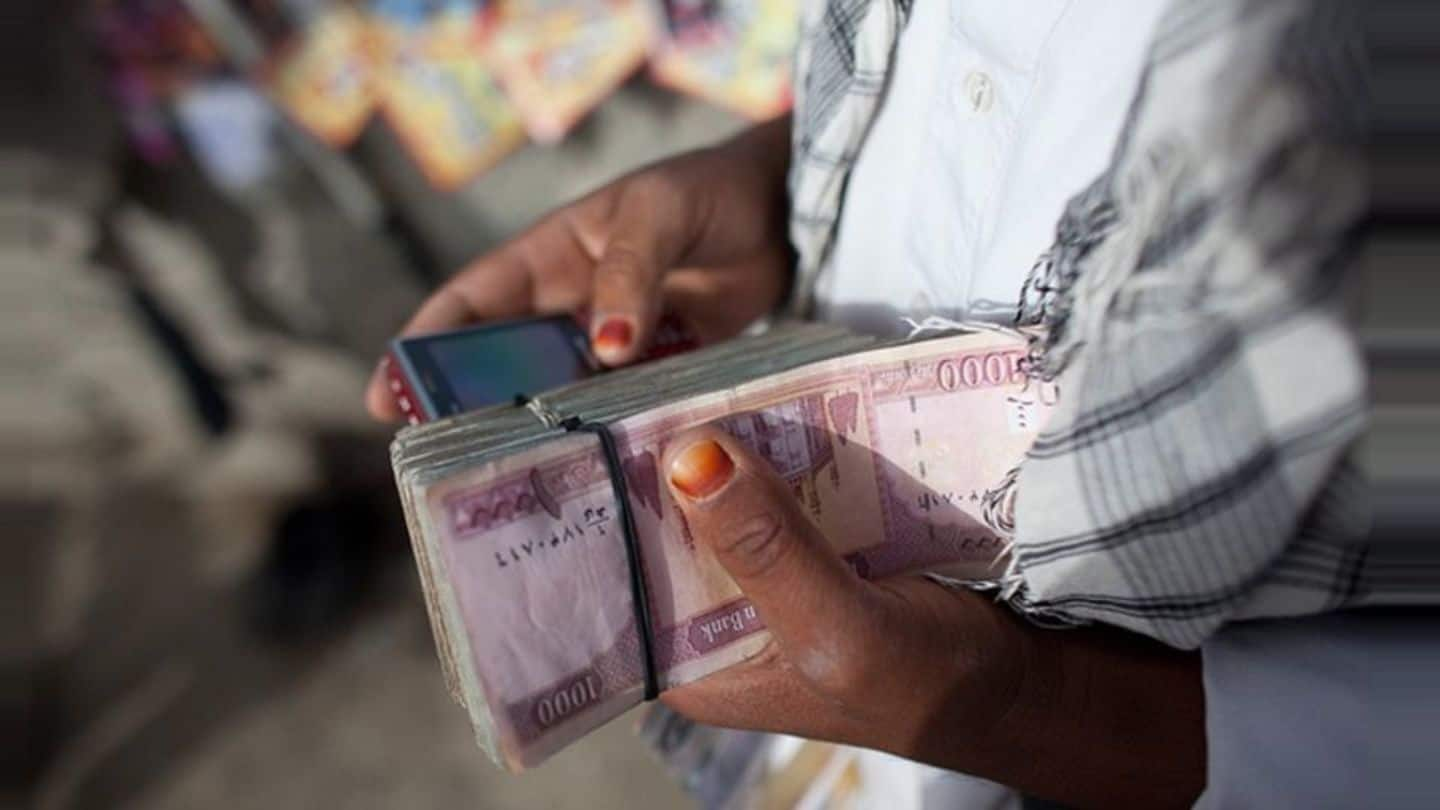
Question bound to haunt BJP: Who took the demonetization decision?
What's the story
In his latest book "I do what I do', former RBI governor Raghuram Rajan revealed that no constructive decision about demonetization was taken until his term ended on September 3, 2016.
This raises the pertinent question: who took the demonetization decision?
It also raises doubts if adequate preparation was made before the BJP-rolled out this move and whether it was backed by economic rationale.
Failure
How did demonetization fail?
Modi's decision to ban Rs. 1000 and Rs. 500 notes to catch the illicit rich seems to have fallen flat on its face, with RBI data revealing that 99% of the cash has returned to its treasury, indicating that most "black money" was legitimized.
In addition, the cash crunch reduced consumer spending and affected GDP growth, which fell from 7% in October-December to 5.7% in April-June.
Raghuram Rajan
Though flagged by Rajan, why was the decision taken?
Rajan writes in his book that he prepared a note highlighting demonetization's pros and cons and alternate strategies to achieve black money eradication. It also stated the time and preparations required for this type of drive.
He elaborated on the challenges, in case preparations are not appropriate.
The question that arises is: why were these aspects ignored while taking the demonetization decision?
Why
Was it a political gimmick or vote bank politics?
Demonetization has provided high dividends to the BJP politically. UP's landslide political win followed by JD(U)'s entry in the NDA fold and the support of parties like NCP and YSR Congress has been possible due to demonetization's rhetoric being popular with the masses.
So, was demonetization only aimed at gaining support of the poor and breaking the image of "suit boot ki sarkar?"
Experts
What are the experts saying?
Steve Forbes, Forbes magazine's Editor-in-Chief, termed demonetization as "massive theft of people's property." He called the government's reasons for this move "immoral."
World Bank's former chief economist Kaushik Basu called the decline in India's growth "very worrying" asserting that demonetization came at a "hefty price."
Arvind Virmani, former chief economic advisor, however, said demonetization has made "tax evasion and corruption less acceptable in society."
Question remains
But, then again who took the demonetization decision?
If economists do not see the rationale of this decision and former RBI governor says he didn't approve it, the question about who gave the go-ahead regarding demonetization arises.
Were only the long-term gains, for which there is no certainty, taken into consideration? Was the move only for gaining political dividends?
Unless accountability is established, these questions might haunt the BJP.